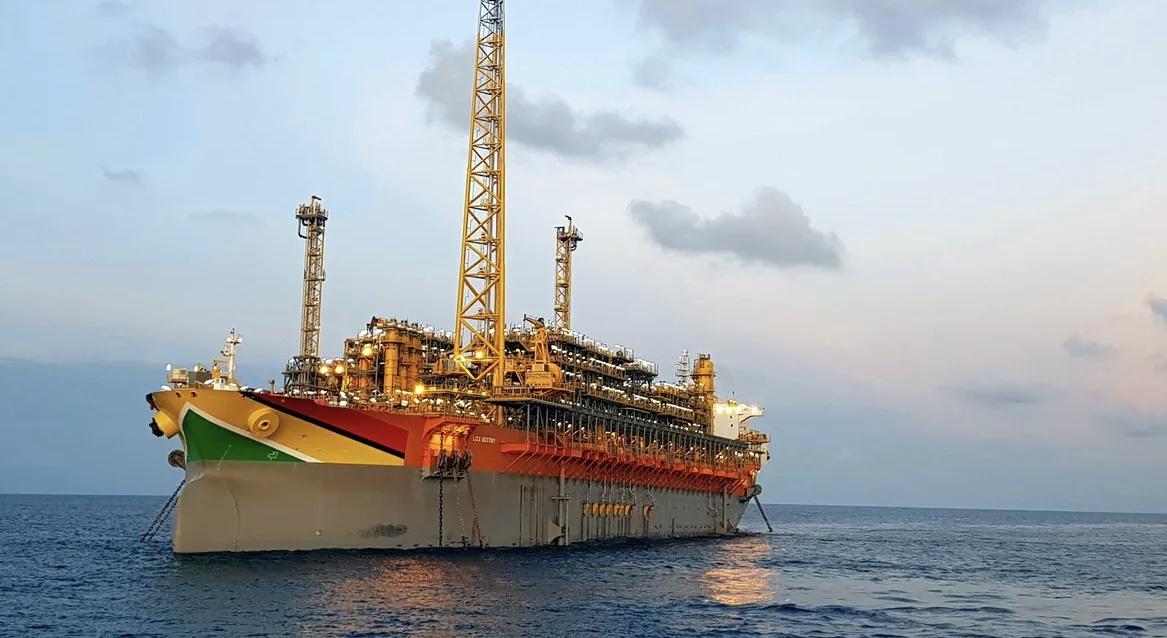Ivory Coast is on the verge of a significant transformation in its upstream sector. The country currently produces 30,000 barrels per day, thanks to the Baleine discovery that began production last August. This figure is set to rise with additional offshore discoveries and regional pipeline projects.
Italy’s Eni is a major player in this expansion. The company is investing $10 billion in the development of the offshore Baleine field. This project aims to produce 200,000 barrels of crude oil per day by 2027. The Baleine field contains up to 2.5 billion barrels of oil and 3.3 trillion cubic feet of natural gas. Eni plans to sanction the third phase of development by early 2025. Additionally, the company is working on the nearby ultra-deepwater Calao discovery, estimated to hold 1.5 billion barrels of oil equivalent
The prospectivity of Ivory Coast’s offshore acreage has attracted several junior and independent explorers. In February 2023, US-based VAALCO Energy acquired stakes in the offshore Baobab field. VAALCO plans to launch a drilling campaign in 2026 to capitalize on the field’s production profile. Meanwhile, Ivorian explorer ICE Oil & Gas signed a production sharing agreement for offshore Block CI-705, committing to invest at least $40 million. US-based Murphy Oil also signed agreements for five blocks, spanning shallow to deep water areas.
Ivory Coast is also prioritizing environmental stewardship. The Baleine field development aims to be Africa’s first net-zero field, using decarbonization technologies to reduce its carbon footprint. Additionally, TotalEnergies partnered with Fortuna Silver to supply the Séguéla gold mine with solar power, representing the first large-scale solar project at a mine in the country.
To foster a favorable environment for oil and gas investment, Ivory Coast has implemented new legislation to build local capacity. Companies in the oil and gas sector must hire 50-90% nationals for upstream activities and 75-95% for downstream activities. All companies must submit a local content plan to the Ministry of Hydrocarbons, including a budget for training and capacity-building activities. This regulation aims to translate recent offshore discoveries into long-term employment and skill development opportunities for Ivorians.
Ivory Coast is also set to benefit from several planned pipeline developments. The country is part of the planned Morocco-Nigeria Gas Pipeline, which will establish West Africa as Europe’s premier energy trading partner. This pipeline will provide an export route for future gas production. Additionally, the proposed Ghana-Ivory Coast Gas Pipeline will transport gas from Ghana to Ivory Coast, with an MoU already signed to enable pipeline gas trade.
In recent years, Ivory Coast has upgraded its state-owned refinery, Société ivoirienne de raffinage, to produce low-sulfur fuels using new technologies. These developments are expected to boost the country’s integration with the wider region and improve its energy infrastructure.
According to the World Bank, Ivory Coast’s GDP growth is expected to average around 6.5% between now and 2026. This growth is driven by continued infrastructure investment and the exploitation of recent oil discoveries. With these developments, Ivory Coast is poised to become a major oil producer in the near term.
Source: Energy Capital & Power



